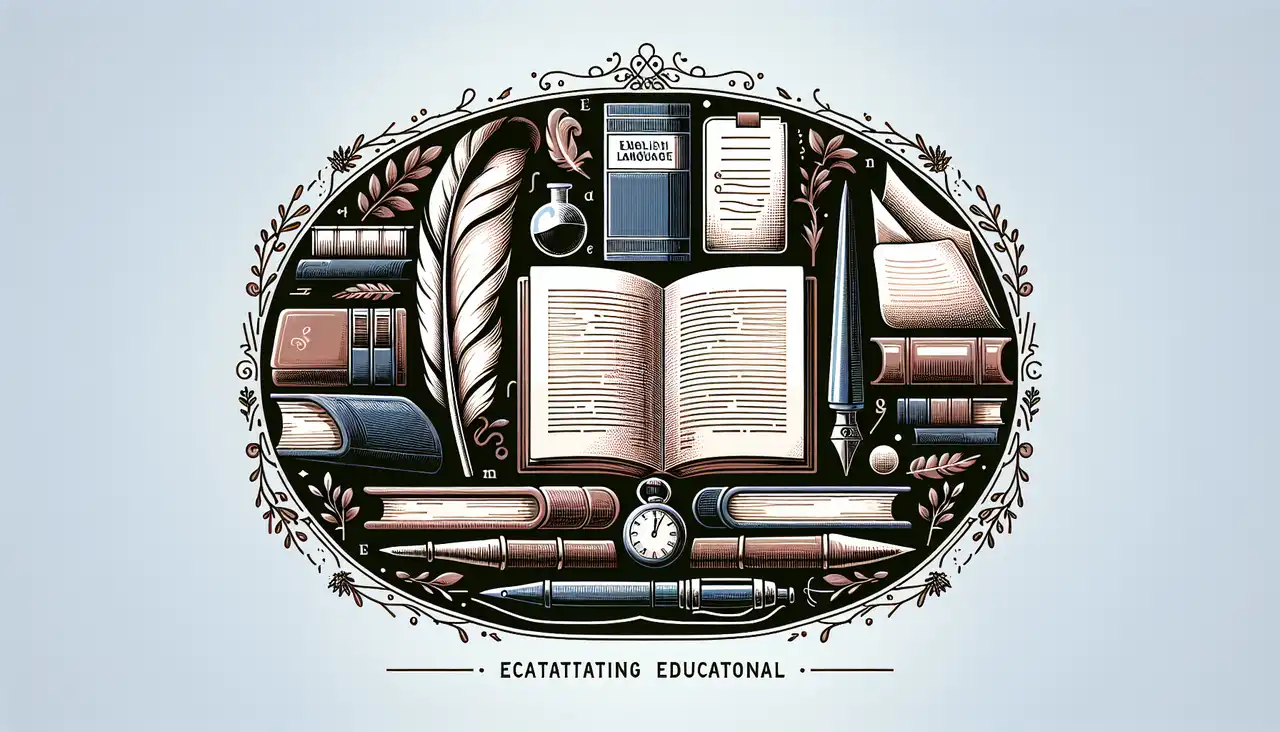

Francisco E. Robles
Dr. Francisco E. Robles conducts research on Multi-Ethnic American Literatures, African American Literature, Literatures of Migration, and Queer Theory. As an Assistant Professor of English at the University of Notre Dame, he delves into the complexities of American Literatures of the 20th century, exploring the intersections of race, migration, and identity through a multi-faceted lens. His current book project, "Migrant Modes," is a profound exploration of literary and musical representations of migrants in the United States from the 1930s to the 1980s. This work seeks to uncover the nuanced narratives and cultural expressions that have shaped the migrant experience, offering fresh insights into the socio-political landscapes of the time. Dr. Robles is an active member of the Desert Futures Collective, a group dedicated to examining the cultural and environmental implications of desert spaces. His involvement in this collective underscores his commitment to interdisciplinary research and his interest in how geographical and cultural landscapes influence literary production and reception. Among his notable publications are "Communal Imagination and the Problem of Allegory in Tomás Rivera’s …y no se lo tragó la tierra," which investigates the allegorical dimensions of communal identity, and "Lydia Mendoza’s Moving Homelands," a study of musical narratives and their role in shaping cultural memory. His work "Transformation and Generation: Preliminary Notes on Reading the Poetics of the Memphis Sanitation Strike" further exemplifies his interest in the intersections of literature, music, and social movements. Dr. Robles's teaching philosophy is deeply rooted in fostering critical thinking and encouraging students to engage with diverse literary traditions. He aims to create an inclusive classroom environment where students can explore the rich tapestry of American literatures and their global connections. In addition to his academic pursuits, Dr. Robles is passionate about music and its role in cultural expression, often integrating musical analysis into his literary studies. His multifaceted approach to research and teaching continues to inspire students and colleagues alike, contributing significantly to the fields of migration studies, queer theory, and ethnic literature.
Publications
, 4, 1990-12-09
, 71-92, 2022-06-30
, e0305570, 2024-06-21
, 588-597, 2020-02-14
, 41-50, 2018-08-15
, 1-10, 2017-03-29